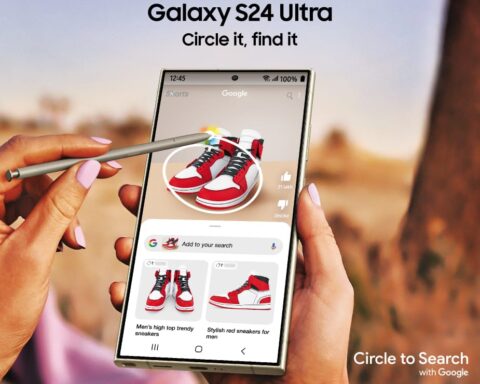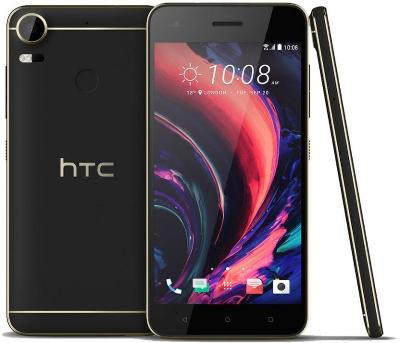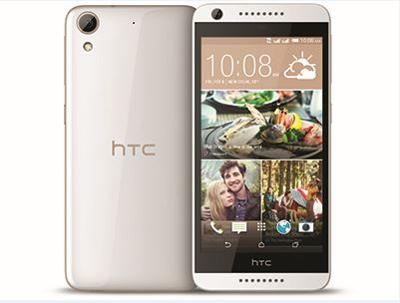 Symon Whitehorn, a camera specialist at HTC, has made the rather ambitious claim that the company’s smartphone camera optics will enable optical zooming and render DSLRs unnecessary for all but the most specialised situations within 12 – 18 months.
Symon Whitehorn, a camera specialist at HTC, has made the rather ambitious claim that the company’s smartphone camera optics will enable optical zooming and render DSLRs unnecessary for all but the most specialised situations within 12 – 18 months.
In an interview with Vodafone UK to promote the newly launched HTC One (M8), Whitehorn claimed that the company already outperforms many point-and-shoot cameras, and will continue to close the gap with higher quality standalone cameras over time. Additionally, HTC will focus more on front cameras for “selfies” and will remain out of the megapixel race, instead focusing on more sensitive “UltraPixel” sensors.
Recognising that the primary limitation of smartphone cameras is their lens optics, Whitehorn said, “Optical zooming in a smartphone is not too far off at all for HTC. I can’t give too much away, but within 12-18 months we’ll see huge advances in phone optics.”
“Everyone wants optical zooming, and that’s on the horizon. We’re trying to match the performance of dedicated cameras where one piece of glass inside it costs [GBP] 3000 alone. We’re never going to match that in the short term but we are getting towards those effects.”, he added.
Just as smartphones have relegated other single-purpose devices to increasingly specialised roles, Whitehorn predicts that DSLRs will still always find favour with professional photographers for situations such as sports photography.
Whitehorn also hinted that the next generation of smartphone cameras from HTC could capture videos in 4K Ultra HD. The new HTC One (M8) is one of the only flagship phones announced so far this year that does not record 4K video. HTC could support 4K, according to Whitehorn, but, he says, “we’re waiting until 4K can really fit into people’s lives, and to make sure that that decision makes sense.” It seems the company would rather stick to its lower-rated “UltraPixel” sensor which is designed to capture more light per pixel, rather than more pixels.
HTC has, however, identified the “selfie” trend as something worth focusing its attention on, and the One (M8) comes with a higher-than-average 5-megapixel front camera. “You’ll see a lot more investment in that area. In some markets 90 percent of pictures taken are selfies”, said Whitehorn. “We’re not matching the rear camera on the front side, but the front camera is tuned to help you give the best selfies. It’s no longer the afterthought camera that it’s been for so long.”
Source-NDTV





